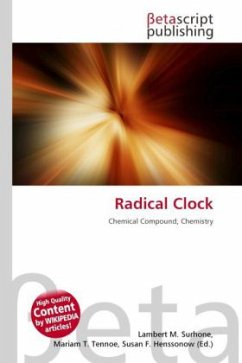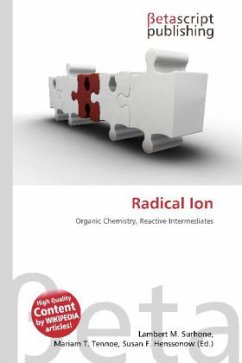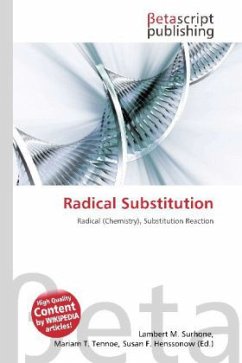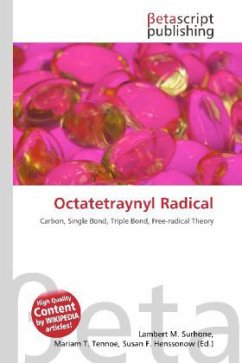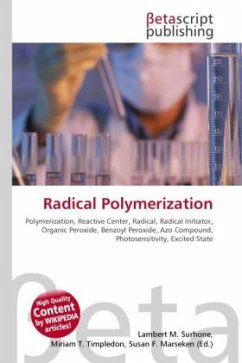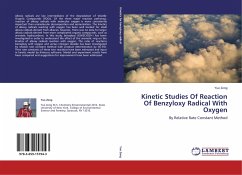High Quality Content by WIKIPEDIA articles! In chemistry, a radical clock is a chemical compound that assists in the indirect methodology to determine the kinetics of a free-radical reaction. This involves a unimolecular radical reaction with a known rate constant competing against a bimolecular radical reaction with an unknown rate constant to form unrearranged and rearranged products. With the ratio of the products, reactant concentrations and known rate constant for the clock reaction, the unknown rate constant can be determined. Many reactions in organic mechanisms involve intermediates that have a key role in the reaction. Understanding these intermediates and their chemical kinetics may be helpful in the predicting the outcome of the reaction prior to performing the reaction itself. Among the different types of reactive intermediates that are involved in synthetic organic mechanisms such as carbocations, carbanions, and carbenes, interests in radical intermediates reactionshave increased. A great deal of attention was drawn to them due to the discovery of their linkage in enzymatic pathways and in sonodynamic therapy in the treatment of cancer.
Bitte wählen Sie Ihr Anliegen aus.
Rechnungen
Retourenschein anfordern
Bestellstatus
Storno

